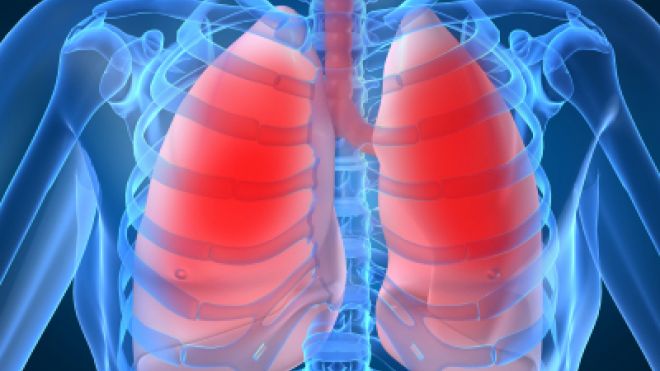
Screening for lung cancer using low-dose computed tomography (CT scans) rather than chest X-rays may be a more effective way of detecting the disease, Medscape Today reported. Researchers hope that these results, collected as part of the National Lung Screening Trial, will provide more detailed information about the benefits of various types of lung cancer screening available to patients and physicians. During the study, 26,309 participants received low-dose CT scans, and 26,035 participants underwent chest radiography to detect for signs of lung cancer. Among those who received CT scans, a total of 7,191 participants (27.3 percent) had a positive screening result, compared to 2,387 (9.2 percent) in the chest X-ray group. Overall, lung cancer was diagnosed in 292 participants (1.1 percent) in the CT group compared with 190 (0.7 percent) in the radiography group. Previously, experts had been concerned that the high level of false-positive screenings that occur during CT scans would lead to undue stress, unnecessary testing and high medical bills for patients, Medscape Today reported. However, the new report reveals that the majority of patients who had a positive result after their CT scan only underwent one additional diagnostic test. “In many of the previous analyses people have assumed that there would be three or four or five additional diagnostic tests for every positive screen, and this has ramifications for the cost effectiveness of screening,” study author Dr. William C. Black, professor of radiology at the Dartmouth-Hitchcock Medical Center in Lebanon, N.H., told Medscape Today. Black is hopeful that these results will provide a good frame of reference for other lung cancer screening programs. “If patients and their clinicians are trying to decide whether or not to get screened, they can always refer to these results. They will let patients know what they can expect, what are the likely outcomes, not just in terms of dying of lung cancer, which is only going to happen to a small percentage of people who get screened, but also in terms of the false positives and what happens afterwards,” Dr. Black told Medscape Today. People eligible for lung cancer screening include men and women, ages 55 to 74, who have a 30-pack-per year history of smoking, those who have quit smoking in the last 15 years and those who are medically fit for surgery. Click for more from Medscape Today.source : http://www.foxnews.com/health/2013/05/23/lung-cancer-screening-ct-scans-more-effective-than-x-rays/
